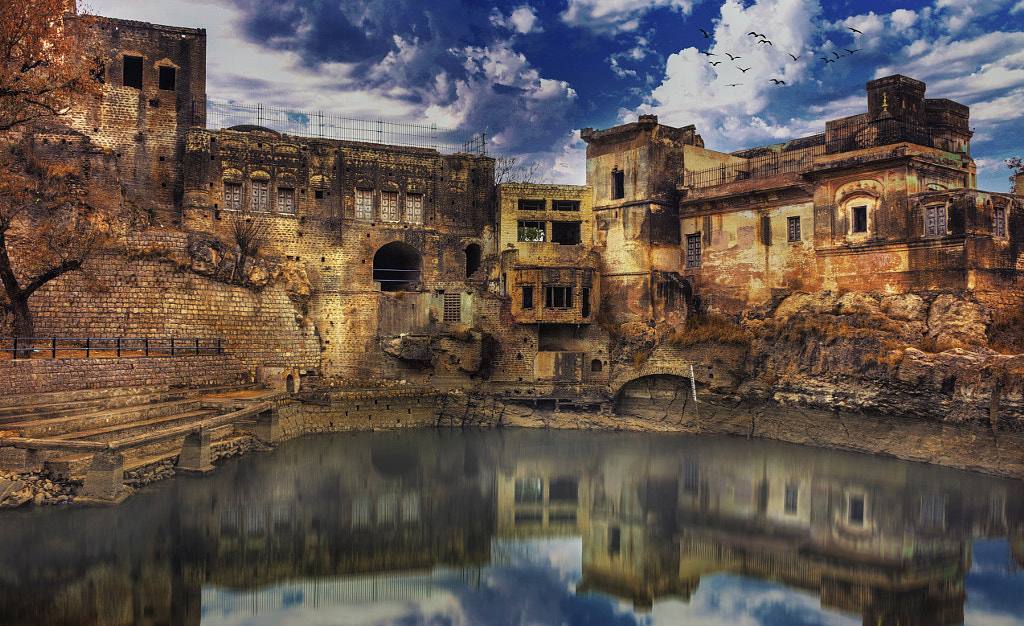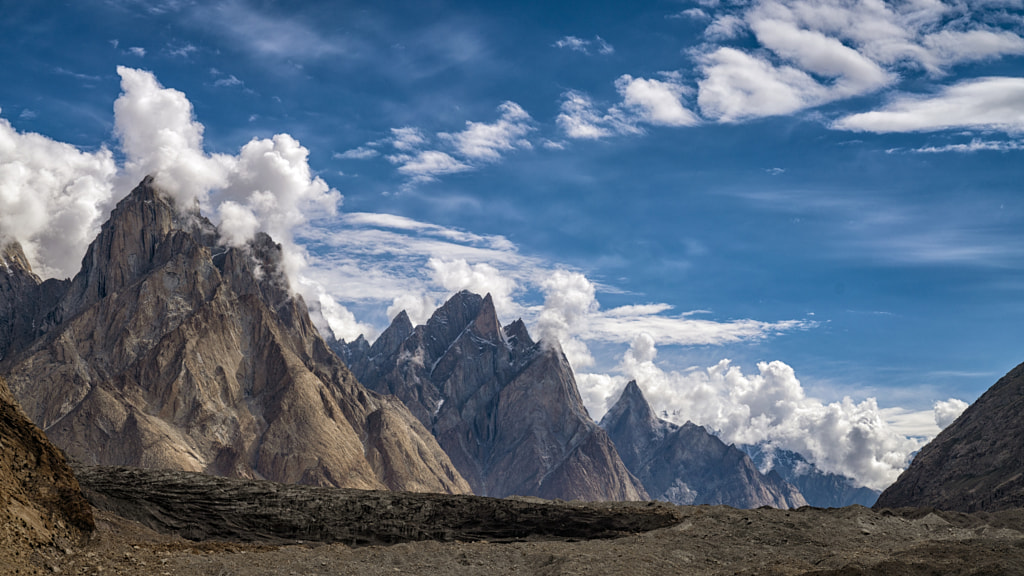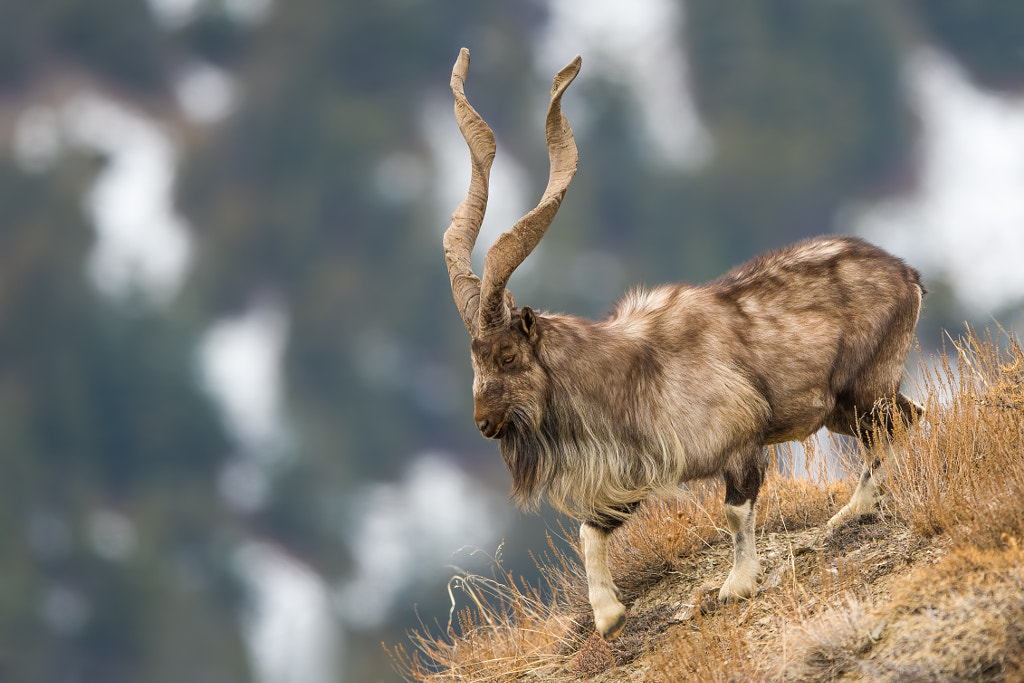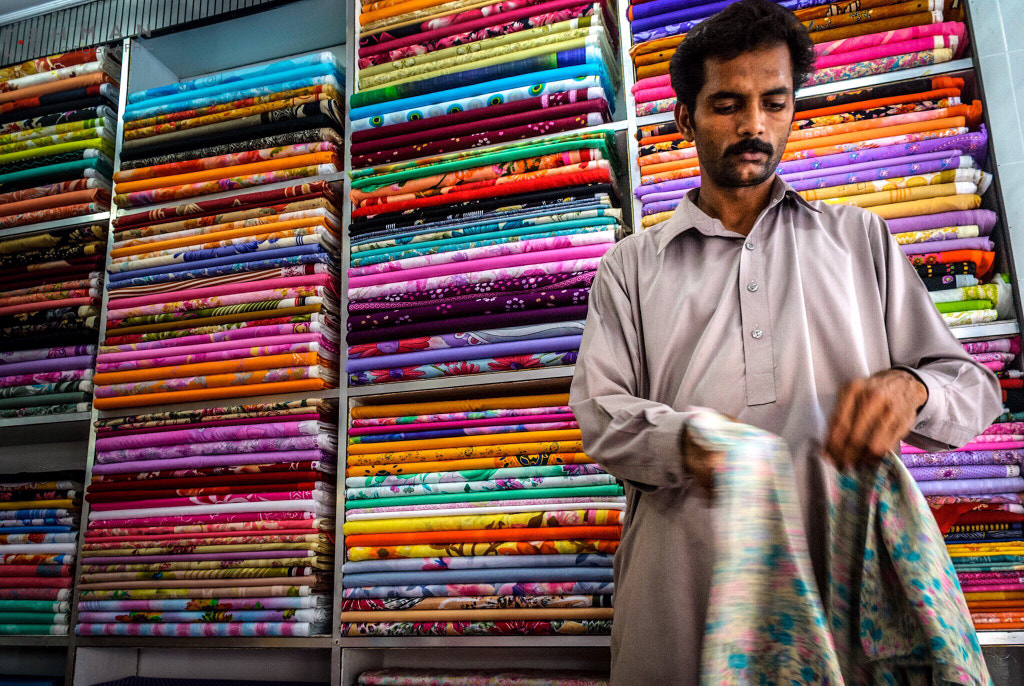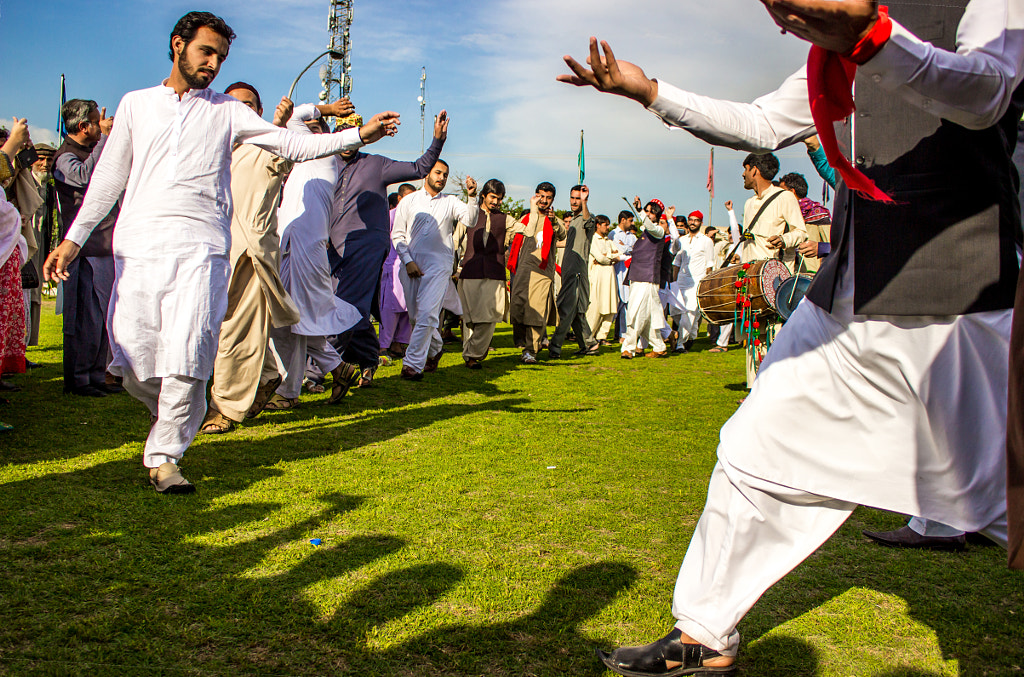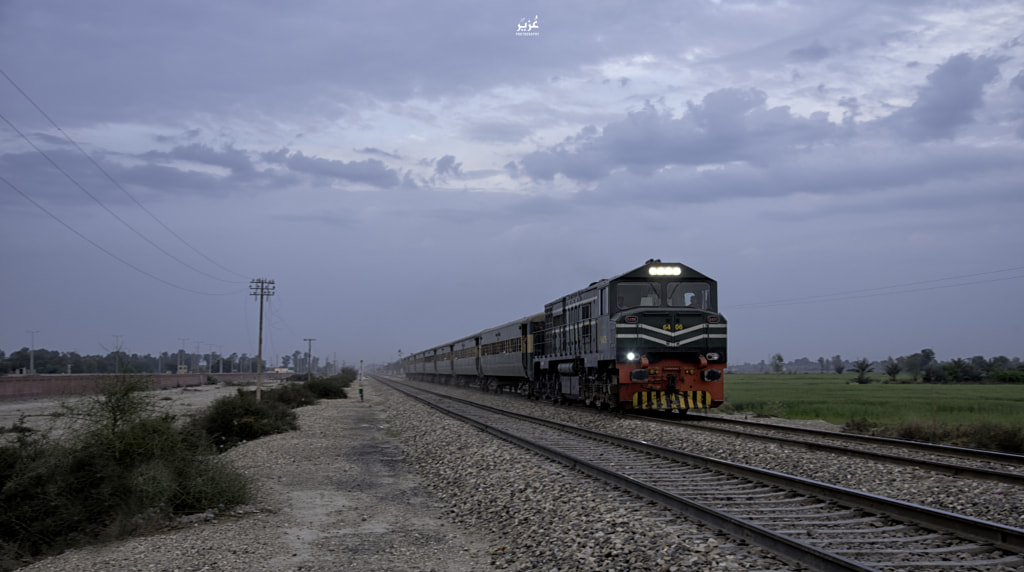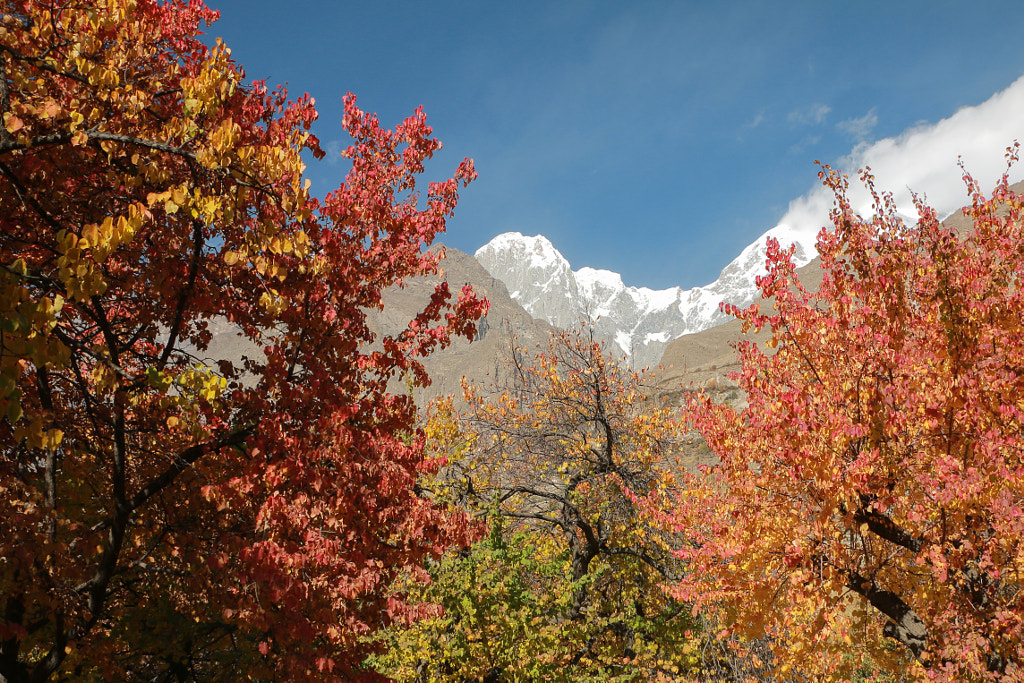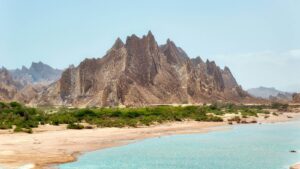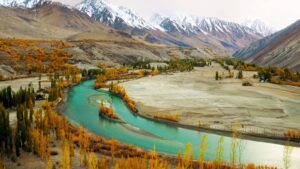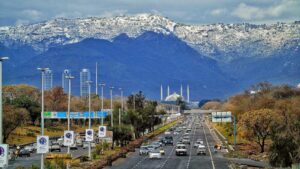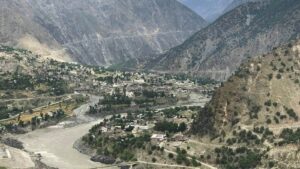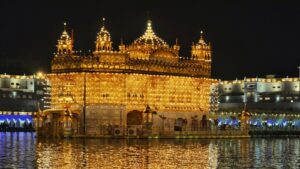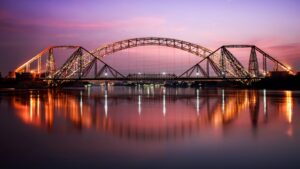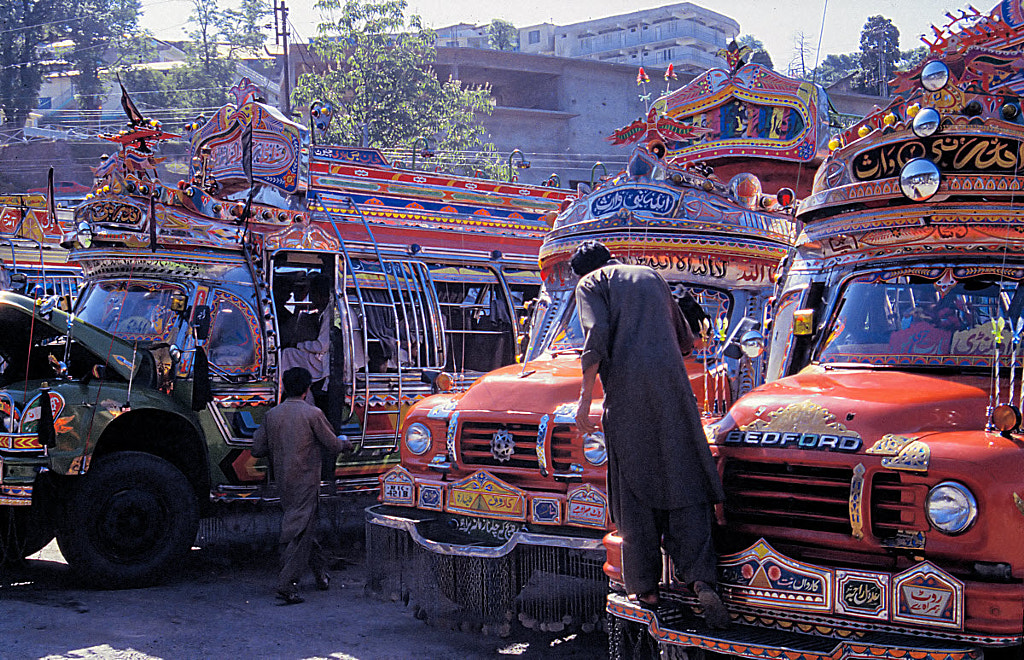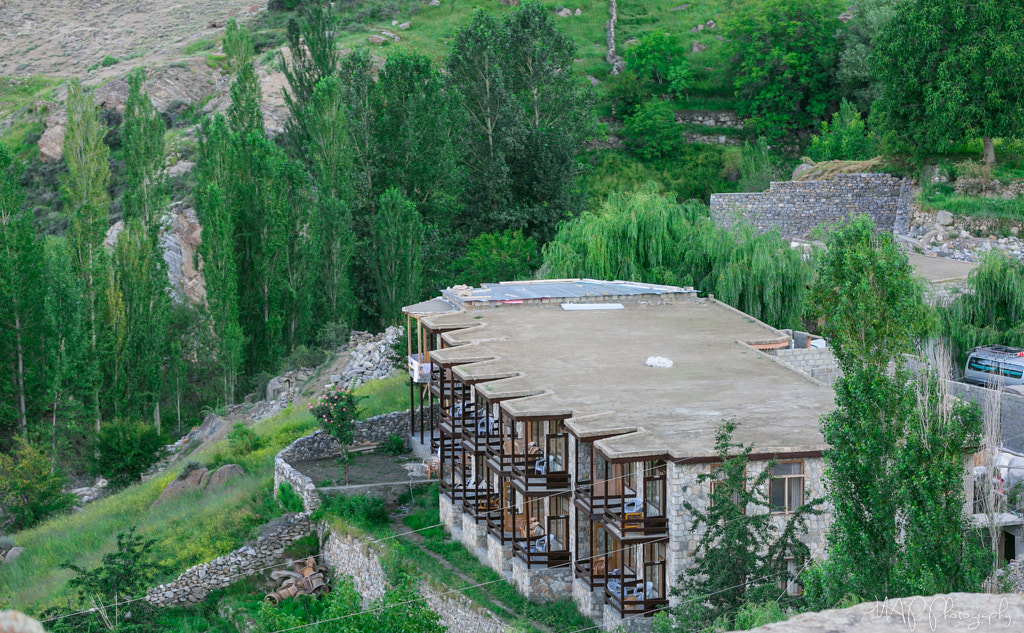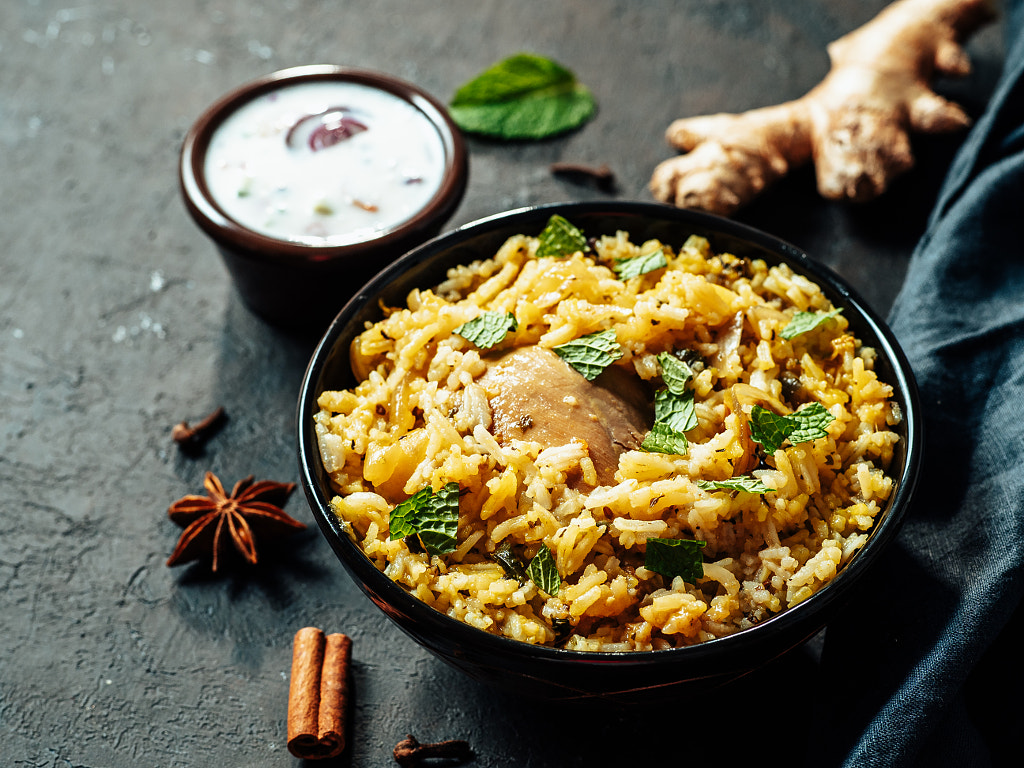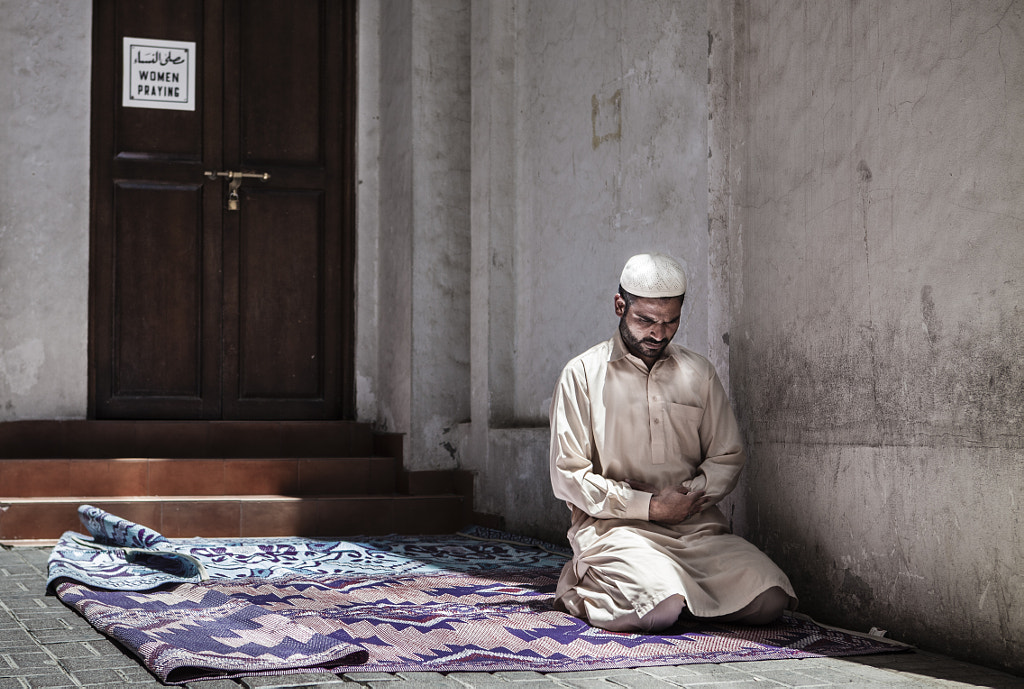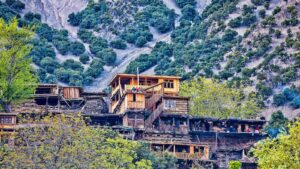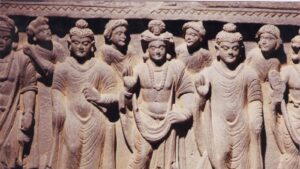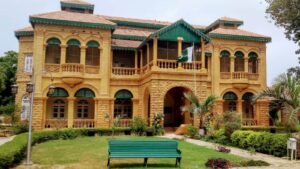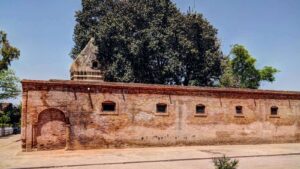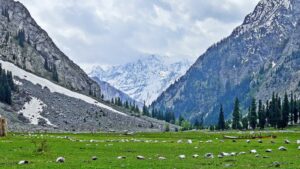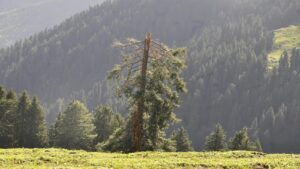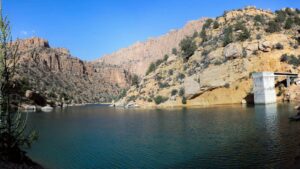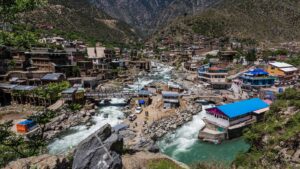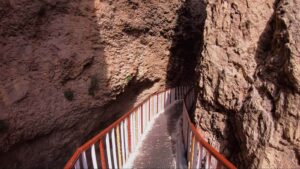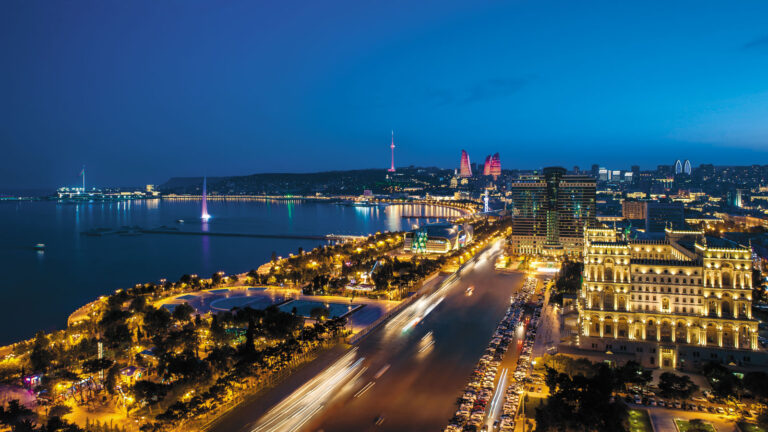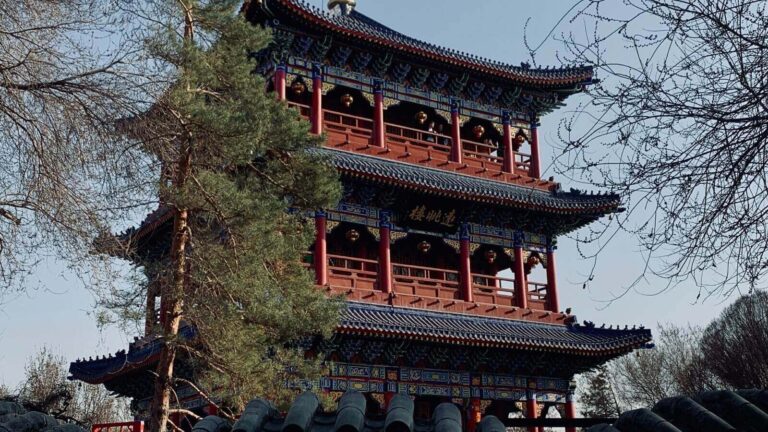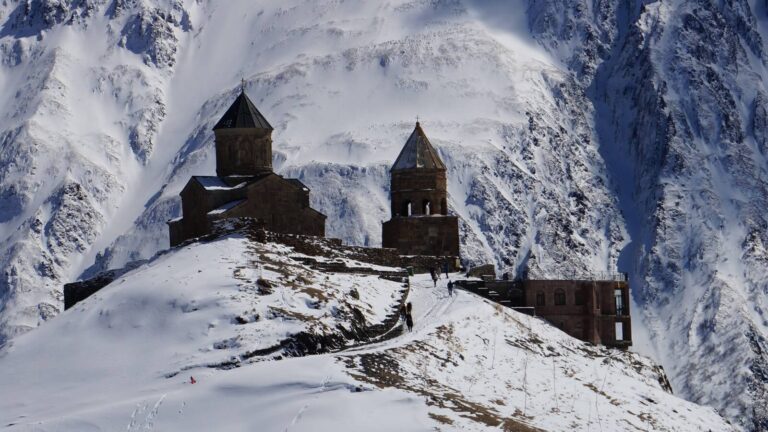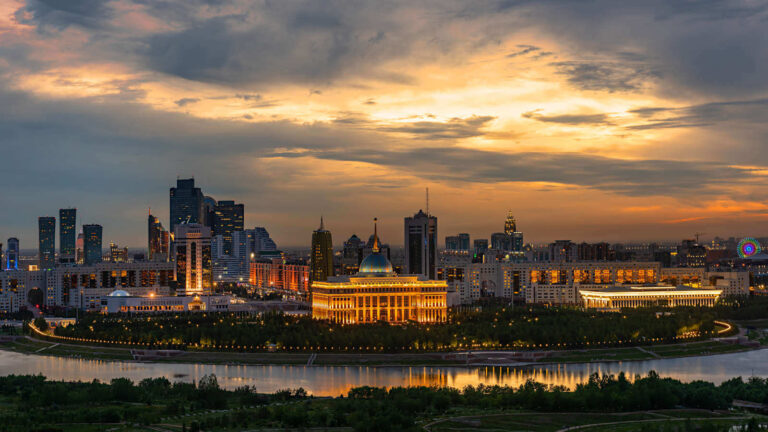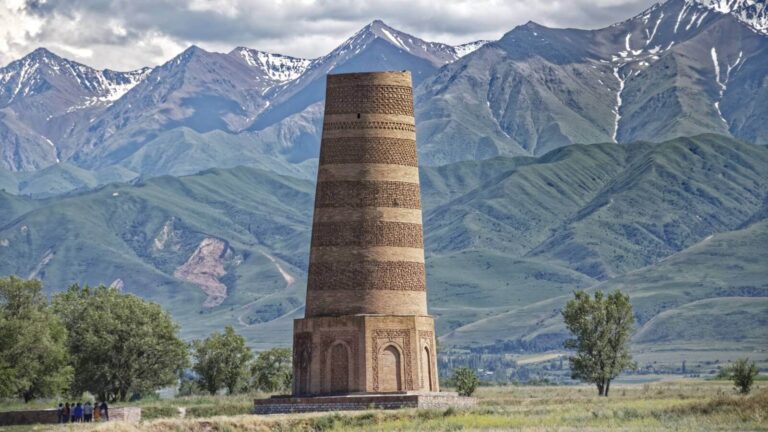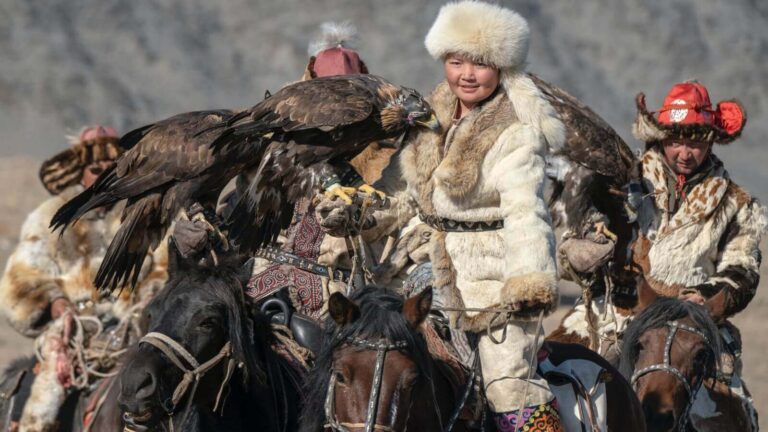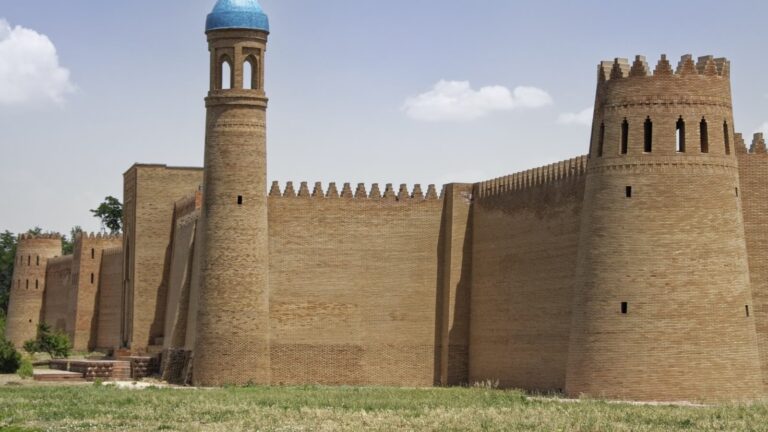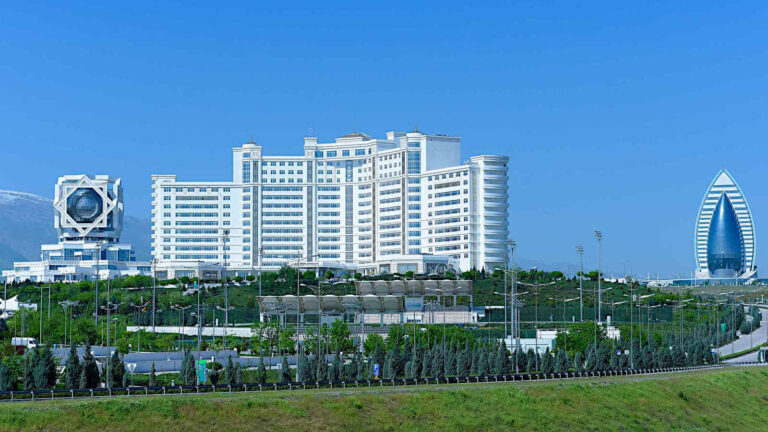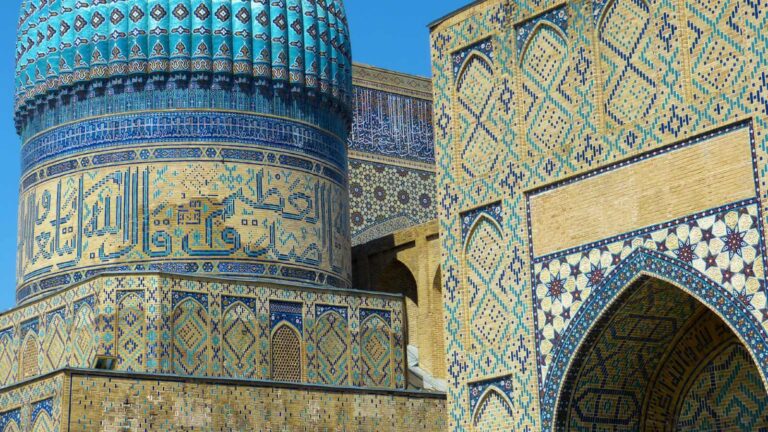Sitting at the convergence of the Middle East and South Asia, long and slender Pakistan rubs its ice-capped mountain crown in Central Asia and dips its feet in the Arabian Sea. High mountains, ancient culture, Mughal cities and coastal deserts: from north to south, Pakistan’s sheer diversity is breathtaking.
Pakistan has six designated UNESCO World Heritage sites namely Moenjodaro (Archeological ruins), Takht-i-Bahi (Buddhist ruins), Sahr-i-Bahlol (Fort and Shalamar Gardens in Lahore), Makli Monuments, Fort Rohtas and ancient ruins of Taxila.
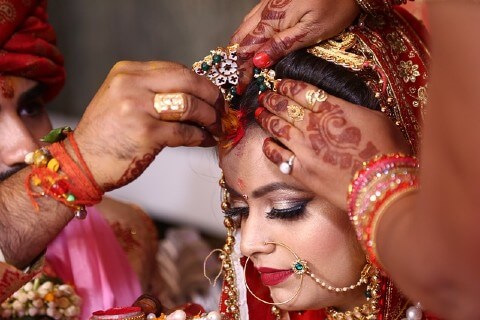
Language: English, Urdu
Currency: Pakistani rupee
Capital City: Islamabad
Population: 212 million
History
Today’s Islamic Republic of Pakistan was formed on 14 August 1947 as East Pakistan under the request of Islamic nationalists during the partition of India by the British. Initially, the country also had a Western part, which in 1971 became the independent country of Bangladesh.
In ancient times, the region was the cradle of the Indus Valley Civilisation (3000-1300 BCE), of which the ruins of Mohenjo-Daro are the most significant proof left today, near Larkana in Sindh.
From the middle of the first millennium BCE to the beginning of the second millennium, north-west Pakistan was also the cradle of the Indo-Aryan civilisation of Gandhara, centred in the present-day region of Peshawar and Swat Valley.
Geography and Nature
Being a long country that extends across different climatic and geographical regions, Pakistan’s landscapes are staggeringly diverse. From some of the world’s tallest mountains (including K2, the second-highest) to deserts, high-altitude plateaus, alpine lakes, fertile agricultural land and historical rivers like the Indus, the country is ever-changing.
The great mountain ranges of the Himalayas, the Karakoram and the Hindukush are the backbone of Pakistan’s Northern Areas and North-West Frontier. Punjab Province is a flat, alluvial plain crossed by five major rivers. Arid Sindh is hemmed to the east by the Thar Desert and the Rann of Kutch and to the west by the Kirthar range. The Balochistan Plateau, largely out of reach to international travellers, is an arid tableland encircled by dry mountains.
The Markhor is the national animal of Pakistan and it has five distinct kinds. Many birds like partridge, warblers, shikras, blue rock pigeon etc are found in different seasons. Reptiles like monitor and other wild lizards, geckos, etc may also be found in the country.
Amongst the flora of the park are the 225 species of plants. Prominent are the pistachios, juniper, wild olive, wild ash and wild almond. The world’s second highest mountain, the K-2, is in Pakistan. Other than K-2 Pakistan also has 5 peaks with height more than 8000m. Out of Top 10 highest mountains in the world, 2 are in Pakistan.
The desert of Thar is the only desert in the World which is fertile. The Thar desert is located in the province of Sindh, Pakistan. Thar desert is the 17th largest desert in the world. Pakistan offers all four seasons, Spring, Winter, Autumn, and Summer. In summer temperature often exceeds 48 °C and in winter the temperature goes down to 0 °C in some parts.
Port of Karachi, Gwadar Port and Port Qasim are the best three of six coastal areas in Pakistan. Bundal Island in Karachi, Manora in Karachi and Astola Island in Balochistan are also popular in Pakistan.
Official websites of Tourism department of four provinces of Pakistan are given as under:
- https://kptourism.com/
- http://www.tdcp.gop.pk/
- https://sindhculture.gov.pk/
- http://balochistan.gov.pk/
Economy
Pakistan has a semi-industrialised economy mainly focused on agriculture, manufacturing, and services. Since 2018, when former PM Imran Khan eased visa processes in order to boost tourism, Pakistan also has invested in its tourism industry.
The most popular activities are adventure tourism such as motorcycle tours, and mountaineering in the Northern Areas, where tourism initiatives have brought higher levels of income to Pakistani households.
The city of Sialkot, in northeast Pakistan, produces over half of the world’s soccer balls. The pharmaceutical industry in Pakistan has grown during the past recent decades. At the time of the independence of Pakistan in 1947, there were few production units in the country.
Currently Pakistan has more than 800 large volume pharmaceutical formulation units, including those operated by more than 25 multinationals present in the country.
People and Culture
Thanks to its historical, geographical, and ethnic diversity, Pakistan’s culture is a melting pot of Indian, Persian, Afghan, Central Asian, South Asian, and Middle Eastern influences.
The country consists of many ethnic groups among which are the Punjabis, Saraikis, Pothwaris, Kashmiris, Sindhis, Muhajirs, and Makrani in the south; the Baloch, Hazaras, and Pashtuns in the west; and the Dards, Wakhi, Baltis, Shinaki and Burusho communities in the north.
As Pakistan is the second largest Muslim nation in the world (after Indonesia), civil society is largely hierarchical and patriarchal. According to a strict interpretation of Islam, Pakistani women have limited autonomy and except for the national capital Islamabad, and to a lesser extent Punjab’s capital Lahore, women are pretty much absent from public spaces.
In Pakistan different provinces have different traditions of dance. For example in: Punjab Bhangra, Luddi, Sammi, Jhumar are famous dances. In Balochistan Lewa, Chap, Jhumar are famous dances. In Khyber Pakhtunkhwa Attan, Khattak Dance, Chitrali Dance, Sindh are famous. In Sindh Dhammal, HoJamalo and Jhumro are famous dances.
Important Dates
- Kashmir Day – 5 February
- Pakistan Day – 23 March
- Union Parishad Polls – 23 April
- Labour Day – 1 May
- Independence Day – 14 August
- Defence Day – 6 September
- Iqbal Day – 9 November
With eased visa procedures and improved security across the country, Pakistan is now easier to visit than ever.
By Plane
Pakistan International Airlines is the flag carrier of Pakistan and serves many international destinations such as Canada, Japan, India, Saudi Arabia, and several European cities including London, Milan, Oslo, Paris, Barcelona, and Copenhagen.
The main entry points are Islamabad, Karachi, and Lahore airports. The latter has direct flights to other Asian hubs such as Bangkok and Kuala Lumpur.
Key Airports operational in Pakistan:
- Islamabad International Airport, Islamabad
- Jinnah International Airport, Karachi
- Allama Iqbal International Airport, Lahore
- Bacha Khan International Airport, Peshawar
- Quetta International Airport, Quetta
- Sialkot International Airport, Sialkot
- Faisalabad International Airport, Faisalaba
- Multan International Airport, Multan
- Sheikh Zayed International Airport, Rahim Yar Khan
- Sheikh Rashid International Airport, Bhawalpur
- D.G.Khan International Airport, D.G. Khan
- Turbat International Airport, Turbat
- Gawadar International Airport, Gawadar
- Sukkur International Airport, Sukkur
By Car and Bus
The principal land routes to access Pakistan are Taftan (Pakistan and Iran border), Torkham (Pakistan and Afghanistan border), Wagha (Pakistan and India border), and Sost (Pakistan and China border).
The Taftan land route is open, but as it skirts the southern Afghan border, it requires a compulsory police escort which is offered free in both directions. Buses also run between Quetta and Taftan daily.
Foreign travellers cannot move freely in Quetta and must stay within the premises of their hotels as they wait for their travel permits to be arranged. An overnight stop is necessary to continue either from Quetta to the Iranian border, or from Quetta to Sukkur in Sindh.
Regardless of the political situation in Afghanistan, the Torkham border near Peshawar via the historical Khyber pass is now open again to foreign travellers.
The Attari-Wagha border 25km from Lahore is the only land route between Pakistan and India. The flag-lowering ceremony that the security forces of both countries have followed daily since 1959 has become a tourist attraction and most travellers time their crossings to catch it before sunset on either side of the border. Regardless of the tense relationship between Pakistan and India, the Attari-Wagha border poses no security issues.
Note that India does not allow entry to e-visas holders whose visas have not been previously activated by flying into India. If travelling by land, get a traditional India visa sticker from an Indian consulate.
The village of Sost in Hunza Valley is 85km away from the Khunjerab Pass that marks the border between Pakistan and China. Buses to Kashgar serve this route. Self-driving a vehicle is a more complicated matter as China requires organising a tour and guides to allow foreigners to drive into the country.
By Train
Pakistan Railways manages an extensive train network across the country. Trains cover 1600km of tracks from Peshawar on the north-western frontier to Karachi in the extreme south. A separate line called Rohri–Chaman also connects Sukkur in Sindh to Quetta in Balochistan.
Pakistani trains are cheap and comfortable, but train travel is slow. Check time tables and book online at www.pakrail.gov.pk/
By Boat and Cruises
The coast of Pakistan has three main commercial ports at Karachi, Bin Qasim and Gwadar, but at present none operates passenger boats.
Karachi Sea Port: The Port of Karachi is one of South Asia’s largest and busiest deep-water seaports, handling about 60% of the nation’s cargo located in Karachi, Pakistan
Bin Qasim Sea Port: Bin Qasim sea Port is a deep-water seaport in Karachi, Sindh, Pakistan, on the coastline of the Arabian Sea under the administrative control of the Secretary to the Government of Pakistan for Maritime Affairs
Gawadar Sea Port: The Gawadar port is the deepest sea port in the world, situated on the Arabian Sea at Gwadar in Balochistan province of Pakistan
Pakistan’s climate is continental and characterised by extreme variations in temperature. It also differs in the diverse areas of the country. The Northern Areas experience freezing winters and hot summers, which can become blistering hot the more one descends upon the plains of Punjab and particularly in Sindh.
As a rule of thumb, summer travel is discouraged anywhere but in the Northern Areas, and the best time to visit Pakistan is during early spring and autumn. In Sindh, winters are very mild and perfect for exploring.
PAKISTAN WEATHERDiscover Pakistan’s best Destinations on each Season
Pakistan has an efficient online visa system (https://visa.nadra.gov.pk/) open to citizens of 191 countries. Tourist visas cost USD 35 for most European citizens, USD 60 for United States and Canadian nationals, and USD 25 for citizens of most Asian countries.
Visas are given for 30 days and can be extended inside the country using the same e-visa portal. It is also possible to overstay a visa for up to 15 days by requesting an exit permit.
Moreover, citizens from 50 countries are also eligible to apply for ‘Visa In Your Inbox’, a service to get an Electronic Travel Authorisation (ETA) valid for 90 days that passengers need to board flights to Pakistan. It grants them a 30-day visa on arrival upon landing.
Since 1 April 2022, only travellers who are fully vaccinated against Covid-19 can travel to Pakistan.
For further details please visit https://ncoc.gov.pk/ and https://covid.gov.pk/
Tourists need an international driving permit to drive legally in Pakistan. Find more information on how to get one in your country of origin at https://internationaldrivingpermit.org/
Main Regions of Pakistan
Pakistan has a myriad of transport options. Train, bus, and minibus are most common for long-distance travel. For shorter distances use either rickshaws or taxis
Train
Pakistan has an extensive rail network whose principal lines connect Peshawar to Karachi via Islamabad and Lahore. Trains are relatively comfortable and prices are reasonable. It is advisable to book tickets ahead of time, either online (www.pakrail.gov.pk) or by visiting a local train station.
Bus
Pakistan offers a multitude of bus options. Services go from cheap, local buses to proper long-distance operators connecting distant cities. Recommended companies are Daewoo Express (https://daewoo.com.pk/) and Faisal Movers (https://faisalmovers.com/). The latter also runs bi-weekly trips from Islamabad or Lahore to Tashkurgan in China’s Xinjiang Province.
Taxis and Ride Sharing
The best ride-hailing apps in Pakistan are Careem and Uber. Both offer a variety of vehicles ranging from motorbikes to rickshaws to air-conditioned cars, and they’re by far the cheapest way to get around cities.
Otherwise, rickshaws (with doors) and qingqis (pronounced “ching-chee”, totally open) are valid alternatives. Don’t be afraid to negotiate a price and make sure you agree on it before departure.
Driving
Many places in the mountains, such as Fairy Meadows and Deosai, are only accessible by jeep. There are public transport jeeps for remote valleys, but in other areas you’ll have to hire a private jeep.
Pakistani cities have decent 4G coverage. Companies Telenor (https://www.telenor.com.pk/) and Zong (https://www.zong.com.pk/) offer the best, cheapest SIMs and mobile services. Zong has by far the best 4G coverage and also partners with SCO, the pioneer internet operator in Azad Jammu & Kashmir and Gilgit Baltistan.
Country code for Pakistan: +92
Wi-Fi Access
Wi-fi in Pakistan is spotty at best. Upscale cafes and high-end hotels will have decent wi-fi but it’s best to buy a SIM card with a large mobile data pack and use your mobile phone as a wi-fi hotspot. Find free Wi-Fi spots here.
Pakistan offers a wide range of accommodation, from well-equipped hotels to guesthouses and homestays. Major towns also have some backpacker hostels catered to international budget travellers.
Camping is possible, mainly in the mountainous areas. Online hospitality platforms such as couchsurfing.com also have a large user base throughout the country. Agoda.com is among the best websites to find good value accommodation in Pakistan.
Pakistani food will appeal to lovers of tangy dishes and spices. Oily curries, biryani rice-based dishes, and meats are omnipresent staple foods in Pakistani cuisine.
Many cities maintain their distinct food culture and special plates. Lahore and Karachi compete for the title of the best culinary city in the country.
In the most popular cities, more and more cafes and restaurants are also attempting international flavours. Food quality varies widely, and it’s not rare to get food poisoning if eating at many local establishments where hygiene standards can be appalling.
It’s best to stick to popular local restaurants where many people eat and to avoid buffets, as their food often sits in the open for too long, and can cause food poisoning.
Some famous Pakistani dishes include Karahi, Biryani, Pulao, Chapli kabab, Nihaari, Haleem, etc.
Pakistan’s official currency is the Pakistani Rupee (PKR). Banknotes come in denominations of 10, 20, 50, 100, 500, 1000, and 5000 Rs. Large numbers of rupees are counted using the terms “lakh” (100,000) and “crore” (10 million). Foreign currency exchange is done easily at local banks, authorised currency exchangers, and also at bazaars in the main cities, which have slightly better rates. Get live exchange rates here.
Sales tax is applicable on all items which varies between 16% to 17%.
Pakistani ATMs may have trouble accepting foreign credit cards, especially Mastercard. Bank Al Falah, Standard Chartered, Allied Bank, and HBL are the most reliable. Keep in mind that most ATMs also charge different, non-standard fees on such credit cards.
It’s recommended to travel to Pakistan with a Wise (https://wise.com/) or Revolut (https://www.revolut.com/) debit card, which allows withdrawal of up to the equivalent of USD 200 at zero charges, and then imposes a minimal percentage of each subsequent withdrawal. These cards also work perfectly as contactless debit cards throughout Pakistan
Unique products in Pakistan
In Pakistan there are multiple options i.e. Mega Malls and Markets for local and branded shopping in all major cities. Huge variety of handicrafts is also available in Pakistan.
Religion: Pakistan’s official religion is Islam, and about 97% of citizens are Muslims. The remaining 3% are a mix of Christians, Hindus, Ahmadiyya, Sikh and Buddhists.
Dress code: The shalwar kameez is the national dress of Pakistan and is worn by men and women in all provinces. Pakistani people are fond of foreigners who decide to wear.
Given Pakistan’s strict Islamic customs, it is important for women to dress modestly. Female travellers should avoid wearing revealing outfits and expose their legs – it’s best to buy local loose-fitting dresses that cover up most of the body, which are ubiquitous and cheap. It’s also recommended, but not compulsory, to wear a headscarf in public places.
Languages: The country’s population speaks more than 60 languages. Among them all, Urdu is the national language with a huge portion of speakers at 75%. The most common language is the Punjabi language (44.15% of the population) and is mostly used in Punjab. Other languages include Sindhi (12%), which is mostly spoken in Sindh, Saraiki (10%), which is mostly spoken in Hindko, South Punjab, and the larger Hazara region, as well as other languages.
Since the latest bomb blast at a mosque in Peshawar on 30 January 2023, government websites like www.gov.uk and www.smarttraveller.gov.au advise against any unnecessary travel to Pakistan. But on the ground, Pakistan is a relatively safe destination to visit for travellers.
Even though travelling to Islamabad, Lahore, Peshawar, and Karachi is generally trouble-free, the Northern Areas of Pakistan remain the safest part of the country.
In case of Emergency
Police: 15
Rescue Service: 1122
Motorway Service: 130
Fire Brigade: 16
Hospitals
- Lahore
- Akram Eye Hospital, Main Boulevard Defense Road Lahore. tel. 042-36652395-96
- CMH Hospital, CMH Lahore Cantt., tel. 042-6699111-5
- Multan
- Medicare Hospital, Abdali Road, tel. 061-4581702-4
- City Hospital, Peer Khursheed Colony Road, tel. 061-6510368, 6510370
- Islamabad
- Al-Ahsan Hospital, Rawalpindi, 142 Murree Road Cantt, Rawalpindi. tel. 051-5515409-5519759
- Abdul Hakeem Medical Centre, Rawalpindi New Mohanpura, Rawalpindi. tel. 051-5553344-5771484
- Quetta
- Combined Military Hospital CMH Quetta Cantt. tel. 081-249016
- Children Hospital Quetta Patel Bagh, Quarry Road, Quetta, tel. 081-823705-11
- Faisalabad
- PINUM Hospital, Sargodha Road Near Allied Hospital, Faisalabad, tel. 041-9210171
- Nawaz Medicare Hospital, Jail Road Jinnah Colony, Faisalabad, tel. 041-2648881, 2614881
- Hyderabad
- Agha Khan Maternal & Child Centre, Jamshoro Road Hyderabad Sindh., tel. 022-2614172
- Wali Bhai Rajputana, Jamshoro Road, Hyderabad, tel. 022-3668740-4
- Peshawar
- CMH Peshawar Mali Road, Peshawar Cantt., tel. 091-20136168
- Fauji Foundation Hospital Peshawar, No. 1, Aziz Shaheed Road Peshawar Cantt, tel. 091-99212770-774
Police
The details of Police stations in Pakistan can be get thorough following links:

